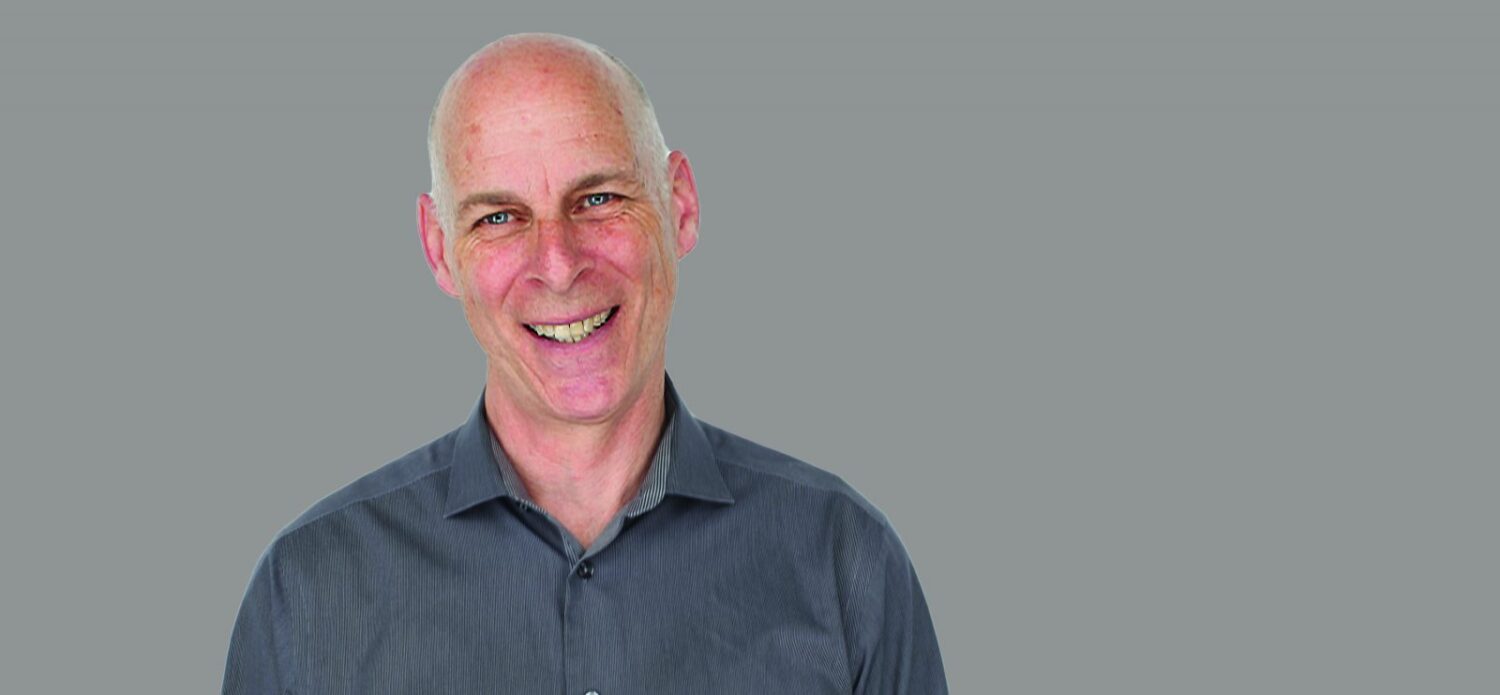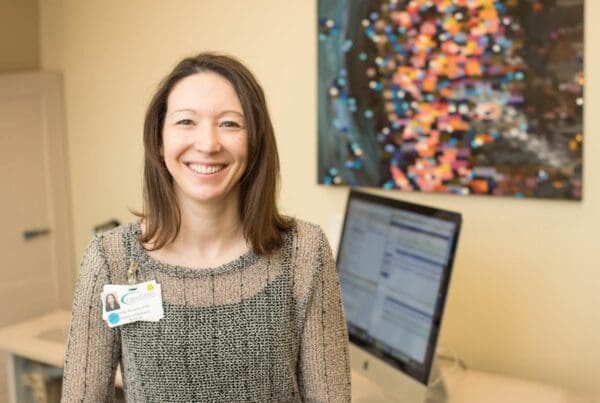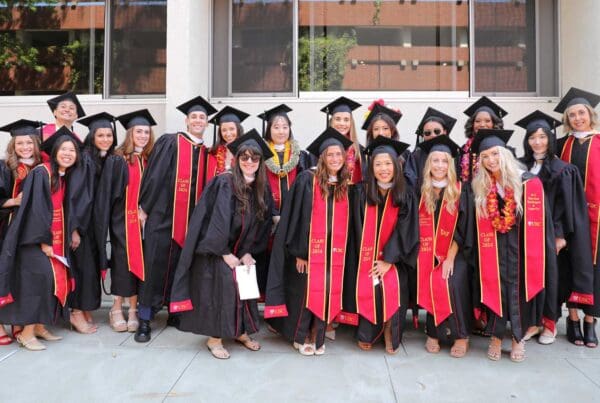Before he enrolled at USC in 1980, had already spent time helping vulnerable older adults and learning about the field of aging. Today, as President and CEO of Los Angeles nonprofit organization Step Up, he leads innovative responses to mental illness, homelessness, and the aging issues that occur with them.
As an undergraduate student at the University of Hartford in Connecticut, Lipka first discovered his interest in aging issues when his father was hospitalized with a serious illness. During his daily visits with his father, he also got to know the hospital’s many older adult patients, several of whom Lipka characterized as “languishing” with little to no contact with their family members.
“I got to know quite a few people in the wing where my dad was, and I developed a very significant relationship with one woman, Yetti. I realized I was kind of like her sunshine, and I really enjoyed spending time with her,” Lipka recalled. “I knew that I wanted to work with people; I realized I enjoyed working with older people and that I’d be interested in making this a career.”
He complemented his bachelor’s in sociology with a specialty in aging and continued to work with aging individuals. Just prior to deciding to pursue a master’s degree in aging, he helped run a food program for isolated, low-income seniors in downtown Los Angeles.
“I decided I really wanted to choose this as a career and get my master’s,” Lipka said. “USC was one of only two schools with a full degree program in aging at the time; aging wasn’t such a high-visibility issue yet.”
Because of his interest in leading programs for seniors, Lipka enrolled in the dual Master of Science in Gerontology/Master of Public Administration program. After he graduated in 1982, he began working for Second Careers, a private nonprofit temporary employment agency that helped older workers find employment.
“A lot of older workers were given incentives to retire, though many still wanted to work,” Lipka said. “It was a great niche at a time when there was a lot of talent in the market and older workers who didn’t want to retire or wanted to stay active.”
In 2001, Lipka became President and CEO of Step Up. The organization provides training, permanent supportive housing opportunities, and recovery services to individuals with mental illness throughout Los Angeles. Lipka said he often connects his current work with Step Up to his knowledge of gerontology.
“There are generational issues in mental health. For a lot of people with serious mental health issues, they have been dealing with illness for decades; they were diagnosed when a diagnosis was almost destiny,” Lipka said. “Today, diagnosis is not destiny, and early intervention can shape outcomes.”
Step Up has recently received attention for its innovative and successful approaches to helping homeless individuals with mental illness, including those who are chronically homeless for a year or more. Much of the organization’s success has come from embracing a “housing first” approach, Lipka said.
“For anybody who’s homeless with mental health issues, the answer is housing—service-enriched housing, or what we call permanent support housing. We move people right from street into their own home and wrap that home in rich supportive services,” he explained. “For most chronically homeless individuals, it’s more expensive to support them on street than to house them. [On the street] they engage with the government’s most expensive systems of care… The only way to really solve this is to create housing, where individuals can unlearn survival skills from street and learn skills to flourish in housing.”
Lipka said Step Up currently has an 89 percent retention rate in its housing facilities—meaning that after one year, 89 percent of the previously homeless individuals they serve are still successfully in housing. “Even people who had been homeless for 30 to 40 years succeed to a great extent,” he said. “Housing first works.”
In 2010, Step Up partnered with the Clinton Global Initiative and made a commitment to house 200 homeless individuals within five years. By 2015, they had constructed three new housing facilities and provided homes for more than 250 people.
Recently, the organization has made a new commitment with CGI to house 400 of L.A.’s homeless veterans by 2018. With 3,000 homeless vets on the streets of L.A. County at any night, Step Up is using a creative approach to create housing faster than ever: purchasing what were previously nuisance motels and converting them into supportive housing facilities.
His experience at USC, especially in the Davis School, was “a wondrous experience” and encouraged him to go out into the world and innovate, Lipka said. His favorite class of his entire educational career was a policy class taught by Fernando Torres-Gil, renowned public policy and aging expert and adjunct professor with the Davis School. After Lipka graduated, the two remained in touch; Torres-Gil is now a member of the Step Up Board of Directors.
“I’m so thankful to have such a wise expert on policy on our board,” Lipka said. “I’ve now been able to benefit from his wisdom for 35 years.”
Lipka said today’s USC Leonard Davis School students had wisely chosen a field in which there are numerous opportunities to innovate and positively contribute to the world.
“I’ve never had any doubt that how I’ve expended my energy was valued in the world,” he said. “There’s still tremendous opportunity to innovate and create… It’s so exciting to redefine what aging is.”





